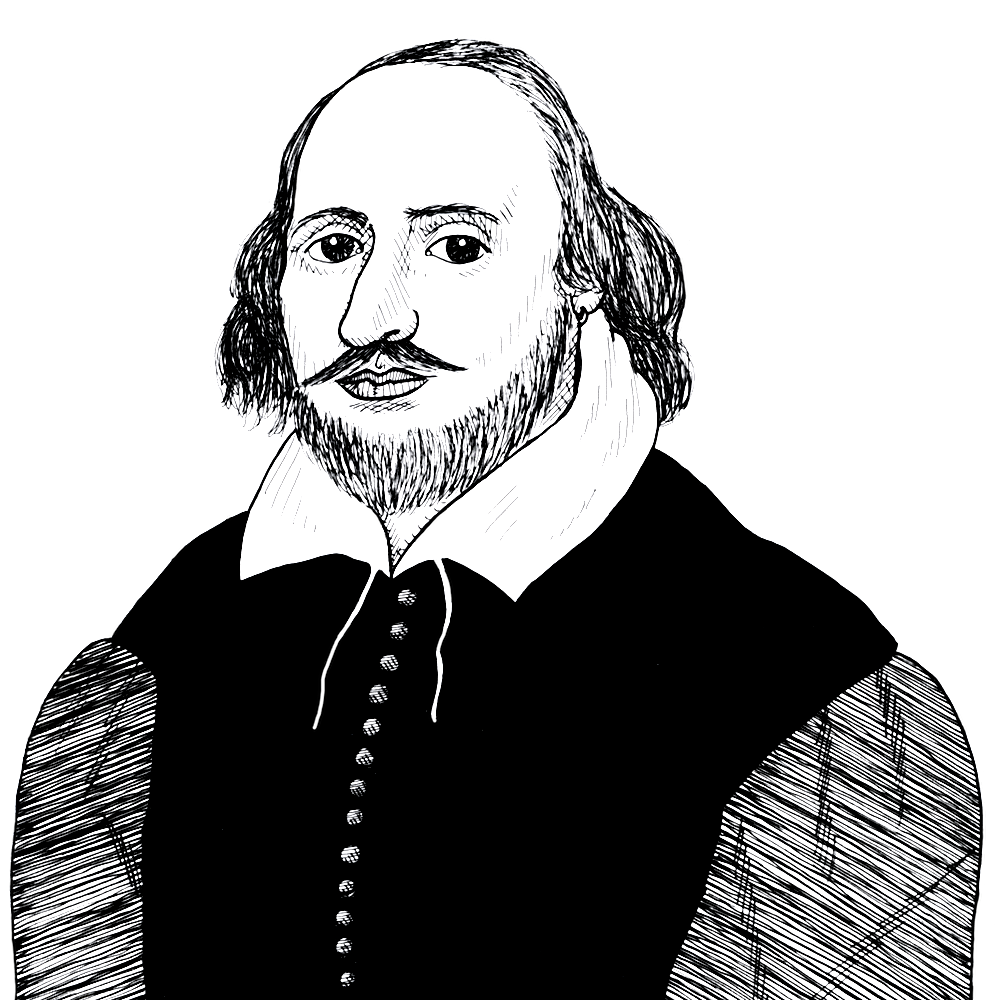
Shakespeare on sweet love remembered (1609)
Found in: Shakespeare’s Sonnets And A Lover’s Complaint
In his 29th Sonnet William Shakespeare (1564-1616) describes a young man who is disgraced, outcast, shoeless, friendless, full of envy of others more successful than he, and without hope. Yet, he remembers the “sweet love” he feels for his lover and decides he would not swap his current situation for that of even a king:
Literature & Music
WHEN in disgrace with Fortune and men’s eyes,
I all alone beweep my out-cast state,
And trouble deaf heaven with my bootless cries,
And look upon my self and curse my fate,
Wishing me like to one more rich in hope,
Featured like him, like him with friends possessed,
Desiring this mans art, and that mans scope,
With what I most enjoy contented least,
Yet in these thoughts my self almost despising,
Haply I think on thee, and then my state,
(Like to the Lark at break of day arising)
From sullen earth sings hymns at Heaven’s gate,
For thy sweet love rememb'red such wealth brings,
That then I scorn to change my state with kings.